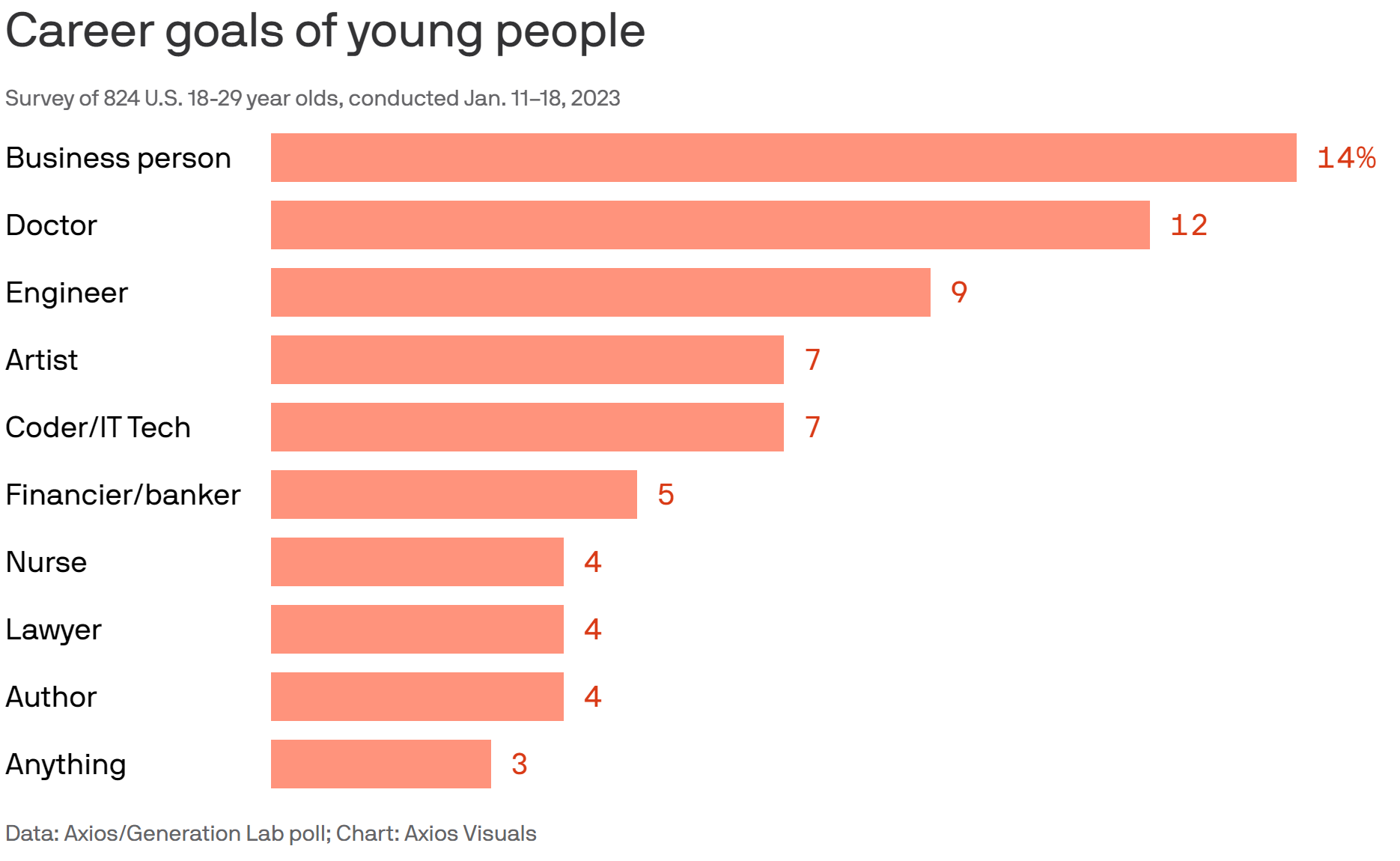These days, students are often encouraged to pursue a four-year-degree at a higher education school. This path is considered by many to be the default way to secure a "white collar" job and financial success. Encouraging students to pursue a degree at a trade school is still uncommon because of the stigma associated with that path. But this attitude has deterred younger generations from pursuing a career in what can often be a lucrative mechanical or technical profession.
Many people may have been taught the misconception that the job is “dirty,” undeserving of respect, and that it should remain a backup plan after pursuing something else first. Children and parents alike also fear the dangers that could possibly come with the job. Injuries do happen, but often as a result of a lack of experience.
Mechanics and technicians are extremely valuable professionals that are often taken for granted. If nobody wanted to pursue and master this craft, who would maintain the fleets of vehicles that keep the global supply chain moving? Without them, there’s no same-day delivery, or “speedy Cyber Monday” deals, or even fresh produce in the supermarket. Experienced, capable technicians play a critical role in helping the goods we all depend on get to where they need to go.
Workplace Culture
Another reason there’s a shortage of technicians is because of the lack of workplace culture. Picking a career is not the same concept as it used to be. Young professionals expect to work in a space that feels welcoming and rewarding, and for a business that values their contributions. Nowadays, a company/title must come with some kind of career support to attract young people. In a recent survey, “Forty-four percent of millennials and 49% of Gen Zs said that they have made choices about the types of work they would do—and the organizations they’d be willing to work for—based on their personal values.”
But, it’s hard to create excitement for a profession when there’s a lack of opportunity to advance one’s career. In many professions, employees might show passion and drive in hopes of eventually advancing. Maybe they want a pay increase, a higher position, or new responsibilities. However, for maintenance technicians, there are few options to explore. The only forms of promotion are to move from a new technician to a seasoned or specialty technician. Or from a team member to a maintenance manager or supervisor.
One main option for advancing is to go from a technician to a floor manager, which is a step above, but not everyone is equipped with people management skills. This means there’s not really an opportunity for a higher position unless you’re able to manage the floor, and show a sense of leadership on top of your other abilities. And the other option, owning a private shop, is a difficult route that comes with a wide range of complex issues. Again, some people want to be able to excel and thrive within their pre-established skill set, not necessarily become the owner of a company to advance.
Compensation
Alongside these challenges is the fact that fleet technicians tend to be underpaid for the level of expertise they bring to the job and the scarcity of professionals performing it. The national average annual salary for fleet technicians is roughly $41,409. Because they work on an hourly basis or a flat rate, it’s common that technicians make somewhere around $22-24 an hour, which many argue is not enough to compensate for their long hours and intense workload. Let alone the amount of knowledge these technicians are required to possess in order to efficiently do their jobs. In fact, Indeed reports that "Based on 13,413 ratings, just 52% of mechanics in the United States think their salaries are enough for the cost of living in their area."
To become a technician, you need a high school diploma or GED, and secondary training from a vocational school for certification. Although attending a vocational school is typically much cheaper than pursuing a Bachelor’s degree, that educational process is not free or cheap, at an average cost of more than $17,000 a year. And because higher earnings are usually dependent on experience, it often takes a long time to acquire experience and schooling, and it’s common for technicians to wait 4-10 years before seeing a decent steady pay.
Along with an underwhelming pay, it’s not guaranteed that fleet technicians are provided benefits, or paid time off. In order to make a steady income, they have to make sure they are steadily available for physical labor, which can bring its own costs in the event of injury.
Moving Forward
Due to these issues, many fleets’ search for willing and capable mechanics often comes up dry. And though preventative maintenance is vital to a carrier’s operational performance, it’s not even an issue of when it can get done, but how it will get done. Without qualified technicians, who is going to do it?
To meet the ever-increasing demand for technicians, the transportation industry has to invest in them from the ground up. Schools and parents can start informing young adults of their options. Shop owners and mechanical companies can try to implement some appreciation for their employees, and maybe if the interest in this field starts to grow, new titles will come about for technicians to branch off to. All in all, it’s about getting rid of the stigma around a profession that is extremely valuable to everybody’s day-to-day life, whether we as a society realize it or not.
Interested in upgrading your maintenance program or shop? Check out our asset maintenance solutions or contact us to schedule a demo.







